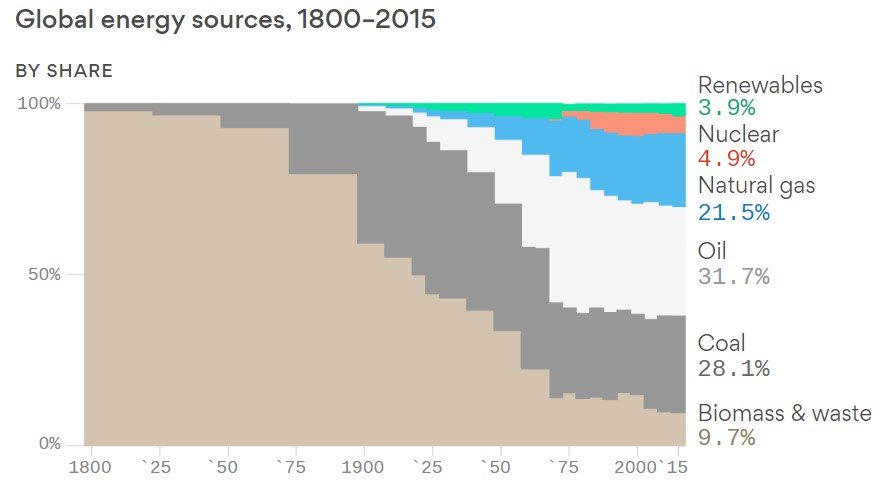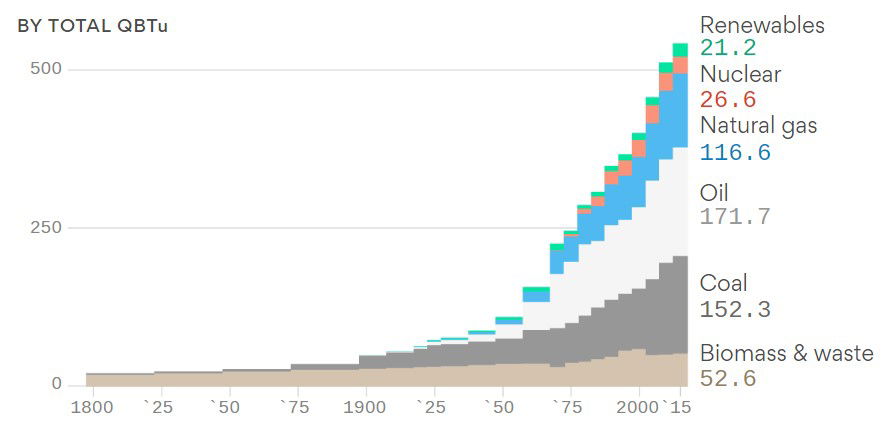Climate change is a peaceful world problem


· 8 min read
You have probably heard of First World problems, the sarcastic label that identifies those problems that are negligible for most people and of concern only to those who are very well off and have already solved all the more serious problems. Climate change certainly is not among them, because its impacts are all across the board and indeed are most catastrophic precisely toward the most fragile and/or poor populations.
Climate change (CC) therefore is not a first-world problem, but is, to use a similar locution, a peaceful-world problem, that is, it is a problem relevant only to a world at peace. The brief text that follows is an attempt to demonstrate this: if all countries – or at least the major emitters of greenhouse gases – recognize that combating CC is a top priority and are prepared to each make their share of efforts, including the superhuman effort not to go to war with each other, then it makes sense for everyone to focus on climate diplomacy and energy transition. If this were not the case, each of us would have bigger problems.
It is no coincidence that in the first weeks of August, a rumor circulated in the press that the Vatican, one of the leading moral promoters of saving the planet, is working to bring Putin and Zelensky together at COP28, the main annual climate negotiations event to be held in Dubai in November 2023. Whether or not the initiative succeeds, the underlying idea is clear: there is no way to save the climate without first saving peace.
These statements might seem rhetorical or even demotivating, especially for those who believe instead that CC is our biggest problem tout court, beyond what other parts of the world may believe. After all, as is often said, it is we rich and fortunate countries who must lead by example, otherwise no one will ever move. This has been true so far, in the climate of relative global peace of these decades (I know that this is a simplification, perhaps even flawed by Eurocentrism and that in reality, the wars have never stopped; but until 2022 they had not disrupted global balances). Indeed, the example of European ambition on climate, combined with the four years of U.S. disengagement under the Trump presidency, has given Europe a clear advantage in terms of political credibility and global leadership. This symbolic capital, however, risks "decoupling" from reality when the facts of the world take a step backward.
To understand the need to reanalyze the situation from the beginning, it is worth giving a brief summary of what an energy transition is. The term transition has always had a relative meaning: there has never been a complete substitution of one energy source for another. Rather, new sources have gradually taken on a relatively greater weight than the pre-existing ones, which, however, in absolute value, have never diminished nor disappeared – on the contrary, they have mostly continued to grow.


Graphs: https://www.axios.com/2018/08/16/despite-renewables-growth-there-has-never-been-energy-transition
The energy transition we are called to now, that is, a transition that can effectively mitigate (according to climatologists) CC, is a first in human history for two reasons that imply an abysmal difference.
If energy transitions in history have occurred naturally and spontaneously, the current one, because of the two characteristics just mentioned, will have to be somehow much more studied, engineered, coordinated, and incentivized. Not least because in order to achieve these two goals, of speed and substitution, we need to agree on a fundamental point: who covers the risks and pays the higher costs compared to the technological transition that would happen spontaneously, that is, slowly and additionally?
The cost problem is exacerbated by another feature that contributes to the complexity of the challenge of climate change: all emissions by individual actors (people, companies, states or continents) have global spillovers, for better or for worse; we are facing the well-known "tragedy of the commons," the tragic nature of which was also described in mathematical form by Nash's Game Theory. And if the climate conferences organized by the UN are precisely an attempt to bridge the information gap on others' moves and decide in a collegial and transparent way on the strategy to be adopted, the risk of some players behaving as "free riders" is always present.
Parallel to mitigation, i.e., the transition to cleaner energy production systems, we find CC adaptation measures, i.e., those measures that states are called upon to put in place by noting that global warming, albeit only in part, has already occurred. Extreme weather events have raised awareness, but this has an ambiguous effect on policy and debate: resources devoted to securing territories from possible flooding, in a real world of limited budgets, are somehow resources taken away from transition investments, and vice versa. And while the beneficial effects of a clean energy system are global (but at the expense of the individual who built it), the spillover effects of adaptive measures are local: the return on the investment made is immediate and politically much easier to claim. On closer inspection, this seems to be the new fault line in the climate debate: no longer - or not only - the clash between 'skeptics' versus 'believers' in the existence of anthropogenic global warming, but also that between 'mitigationists' versus 'adaptationists’. Apparently with a relative tailwind for the latter team: especially in times of geopolitical tension and crisis in international cooperation, it feels natural to focus on the health of your own backyard garden.
All this is already quite well known, and it is only part of the intricate puzzle. The energy transition, as often mentioned, may also be a transition of power: not only industrial decentralization (from a few oil and gas giants to the many players, large and small, of renewable technologies that are by their nature more diffuse) but probably also geographic rearrangement, due to the foresight that some emerging or already emerged economies have had in the transition metal race. How peaceful or bloody this transition will be, history will tell us. It is possible that in order to live up to ecological and redistributive intentions (various commitments made by the so-called "Global North" to finance the transition of the South), the West will be called upon to surrender something on the ground, or vice versa it will find itself backtracking clearly and explicitly in its intentions.
In the meantime, without projecting ourselves into too distant scenarios, what seems clear in our immediate surroundings is that those who want to fight climate change today must first fight a war.
The transition is already the most conceptually absurd and ambitious challenge in the history of our species, a process that in strictly metabolic terms we might even call "against nature": it is indeed difficult for bipedal mammals, evolved and reasonable as they may be, to decide at the table to self-limit themselves and not use all the energy at hand, dirty or clean. Given the titanic task, to keep the hope of winning it alive, it is an absolutely necessary condition to avert more immediate problems such as war. After all, if we have said that the transition needs concerted, long-term investment in a stable financial environment with minimal risk, what government could possibly decide, in the midst of conflict, to invest in the future climate of the planet when the present lives of its citizens are a far more pressing risk? Or what government could ever acknowledge its ecological debt incurred in the first industrial revolution, and thus grant an emissive credit to others, if those others point guns at it? There is no need to go on with examples to understand the absurdity of such assumptions.
If climate diplomacy, amidst a thousand difficulties, can bring about real results, these are completely incompatible with a climate of war. Climate change is, thus, a problem for a world at peace.
Future Thought Leaders is a democratic space presenting the thoughts and opinions of rising Sustainability & Energy writers, their opinions do not necessarily represent those of illuminem.
Gokul Shekar

Effects · Climate Change
illuminem briefings

Mitigation · Climate Change
illuminem briefings

Climate Change · Environmental Sustainability
The Guardian

Agriculture · Climate Change
Euronews

Climate Change · Effects
The Wall Street Journal

Climate Change · Effects